Whenever we seldom use motorised transport, we consciously offset our environmental footprint through EKOS.
We actively sustain and improve our places of work through restoration projects, leaving positive traces on this world.
We do something each time for the environment and the community, making every SNM outing bigger than ourselves and the activity.
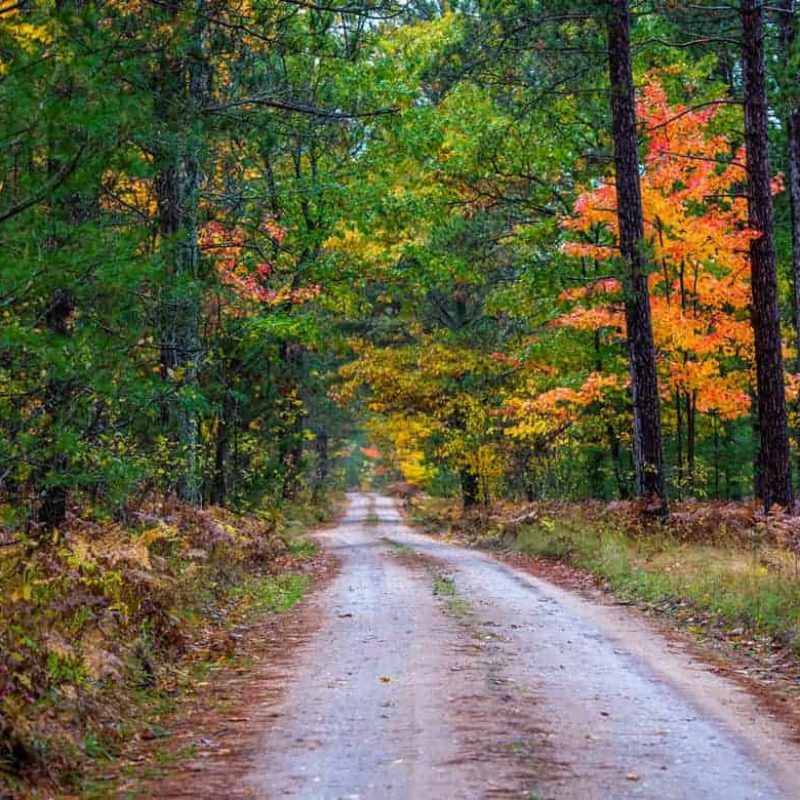

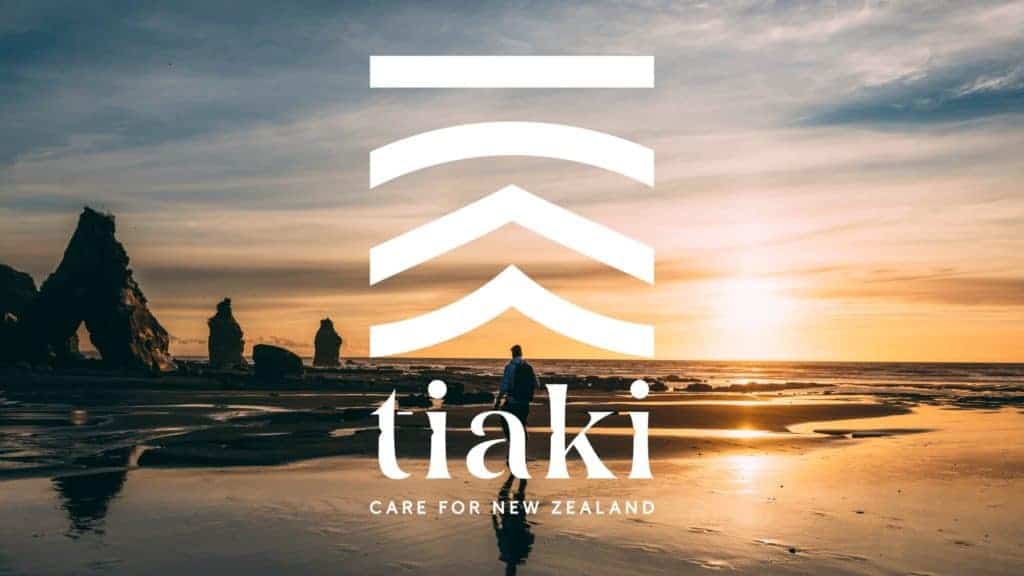
Caring for land, sea and nature, treading lightly and leaving no trace. Travelling safely, showing care and consideration for all. Respecting culture and travelling with an open heart and mind.
• Drive carefully
• Be prepared
• Show respect
• Protect nature
• Keep NZ Clean
• Kaitiakitanga: managing and conserving environments as part of a reciprocal relationship.
• Wairuatanga: the immutable spiritual connection between people and their environments
• Manaakitanga: inspires the way that travellers are made to feel welcome when visiting New Zealand, by providing unique cultural experiences through our hospitality.
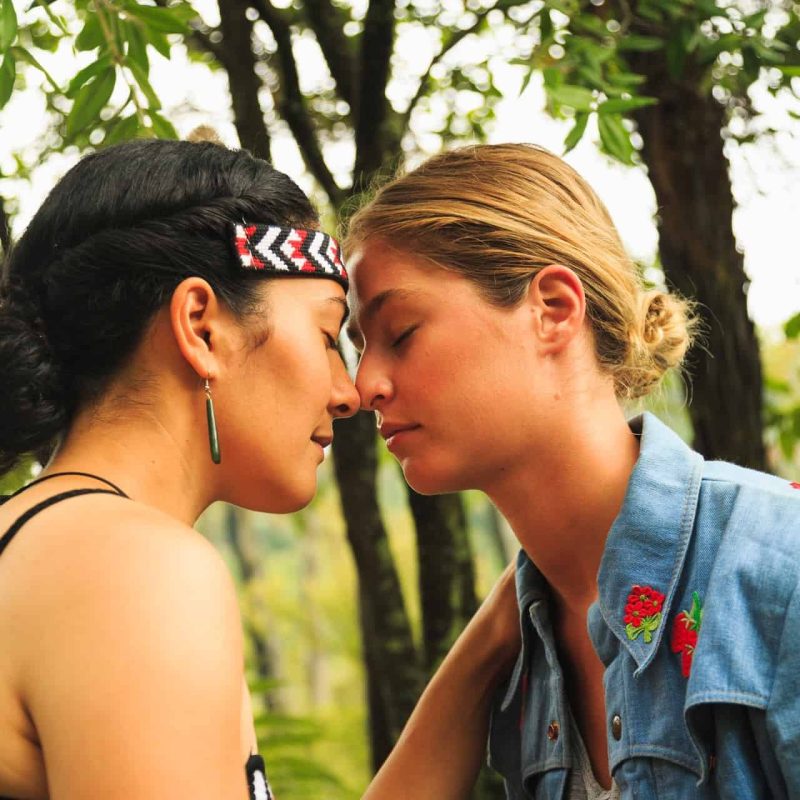

Caring for land, sea and nature, treading lightly and leaving no trace. Travelling safely, showing care and consideration for all. Respecting culture and travelling with an open heart and mind.
In 2019, SNM signed up to the New Zealand Sustainability Commitment. We have a dedicated team that are constantly reviewing and implementing practices that consider the 8 industry-level sustainability Goals and 14 Commitments within the agreement.
Our tourism strongly contributes to protecting, restoring and enhancing New Zealand’s natural environment and biodiversity through:
• Restoring nature
We contribute to protecting and enhancing Aotearoa New Zealand’s environment, including water, biodiversity, landscapes and clean air.
• Carbon reducation
We act urgently to contribute to Aotearoa New Zealand’s transition to a net zero carbon economy.
• Eliminating waste
We take responsibility for the entire life cycle of products and services we use and ultimately eliminate the waste associated with these.
How and why minimising environmental impacts will sustain natural and cultural heritage areas. Our staff are LNT trained or trainers themselves.
THE SEVEN PRINCIPLES:
1) Plan ahead and prepare
2) Travel and camp on durable surfaces
3) Dispose of waste properly
4) Leave what you find
5) Minimise the effects of fire
6) Respect wildlife and farm animals
7) Be considerate of others
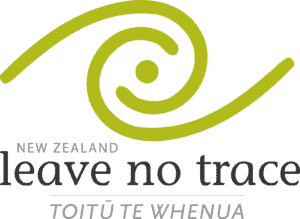
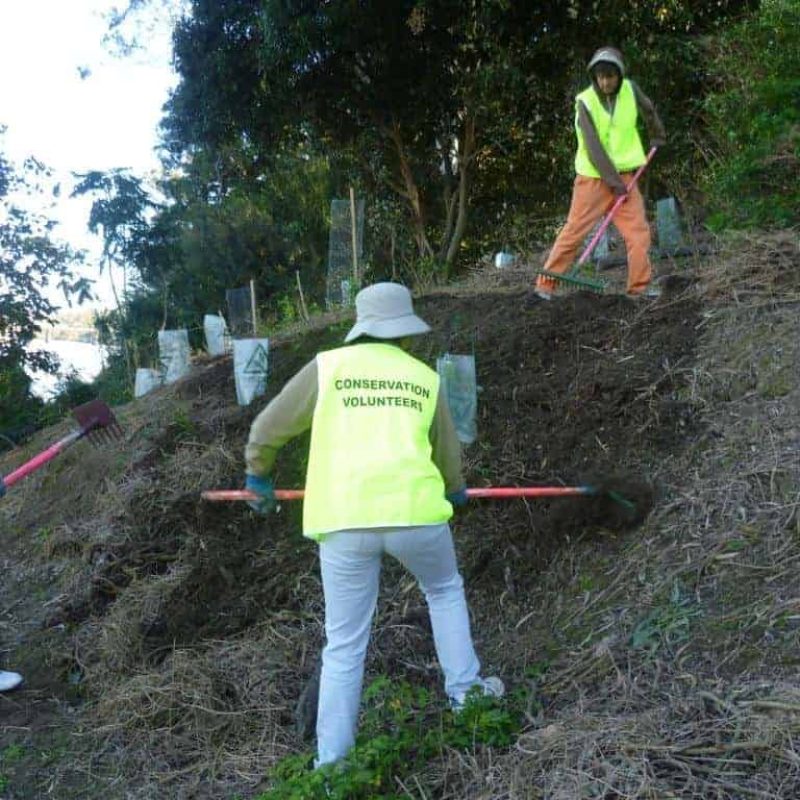
When we have spare time, our staff like to clean up their offices (the natural spaces we work while outdoors) and join conservation and restoration groups to ensure we keep operating and that everyone gets to enjoy it now and in the future.
SNM gets involved with Tiaki Tāmaki Makaurau – Conservation Auckland.

SNM works with DoC community conservation groups in Auckland.
We encourage our staff to walk, bike, kayak etc. (human-powered movement) to and from work, if they do we pay them a nominal amount per km.
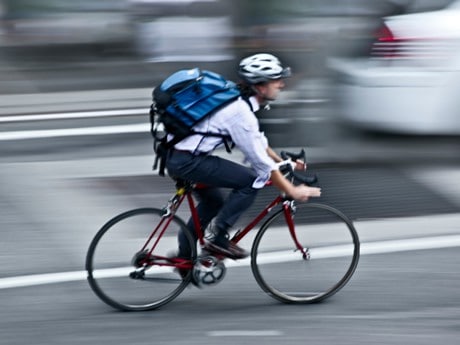
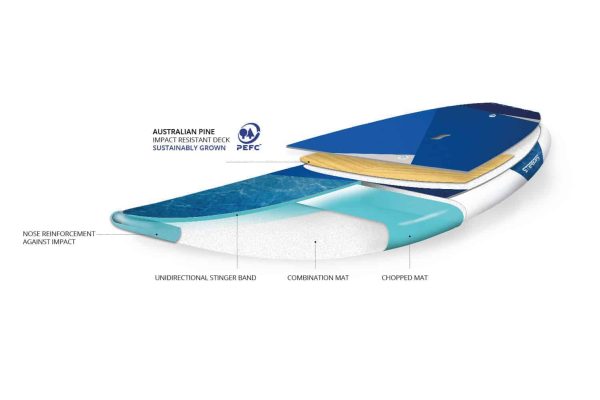
Not only do we buy the best gear in the world, but also the best gear for the world.
PLASTIC OFFSET PROGRAM:
For every Starboard board purchased, 1.1 kg of ocean / beach plastic trash is collected.
CARBON NET POSITIVE:
For every Starboard board produced, one mangrove tree is planted; capable of absorbing 1,000 kg of CO2 per year. We have 24 boards thus absorbing 24 tonnes of CO2 per year.
NEW ZEALAND BRANDS:
Supporting local, our staff clothing is from Ice Breaker and Macpac. You won’t see us wearing cotton; we wear wool and wooden pulp fibers!
However, our Glamping tents are made with sustainable, renewable and biodegradable cotton; the low-impact material of choice for premium canvas tents.
Our sea kayaks are made in Palmerston North. Our Buoyancy Aides are made in Rotorua. Our Packrafts are made in Karamea.
With customers and clients actively searching for businesses using eco-friendly practices, going green at the workplace has moved from being ‘nice to have’ to a ‘must have.’
SNM is a community, an enterprise and a movement enabling system changes in the areas of social work, environment and physical activity.
Going green at work is all about making conscious and sustainable choices that help reduce the impact workplaces and teams have upon the environment. Doing so can provide many positive benefits including saving money, reducing waste, attracting new customers or clients, enhanced brand image, reduced energy usage and providing a healthier workplace environment.
Do these things and more and you might find yourself connecting with the Sustainable Business Network
01
Reusable cups, plates and cutlery
We make the choice to only use reusable plates, mugs and cutlery at work instead of disposable options.
02
Print double-sided
If printing is required of documents, we print on both sides of the paper to reduce paper usage.
03
Energy-saving devices
When purchasing new devices, including lightbulbs, we pick the most energy-efficient options.
04
Work from home
When there is an opportunity for staff to work from home, reducing emissions getting to work, we do so.
05
Recycle used devices, appliances and furniture
Instead of disposing of used office gear, we sell or donate it instead.
06
Natural cleaning products
We use natural or toxin-free cleaning products.
07
Add lots of plants
As well as producing a more pleasant environment to work in, our plants help improve the air quality within our workspace too.
08
Unplug appliances
When not in use and there is no need to keep it on, we unplug an appliance.
09
Send digital letters and newsletters
Instead of printing letters or newsletters out and then sending by post, we send them by email instead.
10
Choose light coloured decor
When repainting or changing workplace decor, we choose light coloured options that reflect light and reduce the need for overhead lighting.
11
Buy recycled office supplies
Many office products are made from recycled products, including paper and plastic products. We choose ones which are made from recycled materials and then when used, we recycle them again.
12
Use refillable products
Items such as pens and cloth hand towels are refilled and reused.
13
Email receipts
Instead of printing the customer a receipt, we email it to them instead.
14
Reuse packaging materials
We keep and then reuse packaging materials when sending out products to customers or between workplaces.
15
Buy in bulk
Not only does this reduce the number of packages being sent, but we save ourselves and your money when purchasing bulk products.


Ensure availability and sustainable management of water and sanitation for all.
Water is one of our most precious assets. SNM makes great efforts to ensure its proper use, so that future generations will not suffer from shortages.
The sustainability of the processes of catchment, supply, sanitation and treatment of the resource is guaranteed in the following way:
SNM carry out campaigns to inform and raise awareness about cleanliness and the responsible use of water.
SNM care about the quality and cleanliness of their water systems.
SNM adopt measures to avoid contaminating the waters with their activity.
Its facilities encourage you to consume less water and more efficiently.
Ensure access to affordable, reliable, sustainable and modern energy for all.
In the future we will be able to count on renewable energy sources at all times, but in the meantime, SNM is striving to implement them, as well as to promote sustainable consumption.
SNM contributes to ensuring and promoting universal access to clean, smart and modern energy services:
SNM prioritize the use of green and more renewable energy sources.
SNM adopt energy efficiency measures in their facilities.
SNM carry out awareness campaigns on the use of energy.
Ensure sustainable consumption and production patterns.
SNM implements sustainable consumption and production patterns, for example:
SNM adopt measures to minimize the waste they generate with their activity.
SNM prioritize the purchase and consumption of local and sustainable products and services.
SNM control, monitor and report on the management of their waste and impacts.
SNM apply responsible production and consumption criteria.
Take urgent action to combat climate change and its impacts.
More and more studies are recognizing the climate emergency. If everyone could do their bit, we could help to reduce greenhouse gases such as CO2. We are pleased to confirm thatSNM is working in key areas such as sustainable mobility, energy efficiency and renewable energies.
As a global response to climate change, SNM carries out actions such as:
SNM encourage sustainable mobility.
SNM promote resilience to climate change.
SNM measure and offset the carbon footprint of their activity.
Conserve and sustainably use the oceans, seas and marine resources for sustainable development.
The oceans provide and regulate many of the resources we need in our daily lives: marine biodiversity is essential for the health of the planet. SNM; is committed to protect and care for them.
To strive for sustainable underwater life, from this entity:
SNM carry out actions to raise awareness and protect marine ecosystems.
SNM promote the respectful use of beaches and marine environments.
SNM collaborate to prevent pollution of the seas, oceans and rivers.
Protect, restore and promote sustainable use of terrestrial ecosystems, sustainably manage forests, combat desertification, and halt and reverse land degradation and halt biodiversity loss.
Preventing, halting and reversing the degradation of natural environments is no easy task. However, SNM deserves recognition for the following actions:
As a strategy and measures relating to the prevention of negative impacts, from this entity:
SNM strive to prevent the degradation of terrestrial ecosystems and habitats.
SNM provide information on the natural resources of the territory.
SNM help maintain the native flora and fauna, preventing the intrusion of invasive species.
SNM carry out activities that respect the natural heritage and the local fauna.
End poverty in all its forms everywhere.
In order to promote inclusive economic development, from this entity:
SNM collaborate with programs and social projects in their environment.
Ensure healthy lives and promote well-being for all at all ages.
To promote healthy activities and prevent health risks:
SNM implement sanitary measures against Covid and other infectious pathologies.
SNM promote the adoption of healthier lifestyles and habits.
SNM apply safety and risk prevention measures.
Ensure inclusive and equitable quality education and promote lifelong learning opportunities for all.
To ensure the existence of inclusive and quality training:
SNM promote knowledge about sustainable development.
SNM care about training their staff.
Achieve gender equality and empower all women and girls.
In the words of Kofi Annan, former UN Secretary, “Women’s equality must be a central component in any attempt to solve social, economic and political problems.” A statement that serves as the focus of Keen Tours’s gender policy.
To become a powerful tool for women’s empowerment, from this entity:
SNM adopt labor measures for gender equality.
SNM control and evaluate their measures of empowerment and equality.
SNM promote labor empowerment in their work systems.
Make cities and human settlements inclusive, safe, resilient and sustainable.
We can all help create more diverse and sustainable communities. Read on to learn more about their great efforts:
To work to avoid the pernicious effects of overcrowding, from this entity:
SNM provide information and access to accessible and more sustainable transport.
SNM’s offer includes local cultural products and activities.
SNM offer information about the local heritage and the traditions of the place.
SNM promote the conservation of the local cultural and natural heritage.
Promote peaceful and inclusive societies for sustainable development, provide access to justice for all and build effective, accountable and inclusive institutions at all levels.
Through SDG 16, SNM is committed to transparency, honesty, participation and equity. As well as to stop exploitation, intolerance, and the abuses of the economic system.
To inspire sincerity and participation, from this entity:
SNM apply policies against all forms of corruption and exploitation
SNM make known their commitments, good practices and sustainable efforts.
SNM inform about the available public services and the places of interest of the place.
SNM use indicators to measure quality
SNM promote more responsible and participatory management systems.
End hunger, achieve food security and improved nutrition and promote sustainable agriculture.
To ensure a responsible consumption model, actions are carried out, such as:
SNM take measures to prevent food waste.
SNM prioritize and publicize products from local agriculture and KM0.
Promote sustained, inclusive and sustainable economic growth, full and productive employment and decent work for all.
One of the biggest challenges in any sector is the creation of decent employment. SNM strives to make a better place through the creation of decent work opportunities:
In this entity, to create decent and productive employment:
SNM facilitate work-life balance and the employment of less favored groups.
Encourage innovation and continuous improvement among their employees.
SNM protect and respect the labor and equality rights of their workers.
Build resilient infrastructure, promote inclusive and sustainable industrialization and foster innovation.
This entity makes great efforts to create a healthier, more accessible and intelligent world.
We all have to put ourselves at the service of the communities, and to this end, in this entity:
Adopt resilience measures in the face of eventualities and disasters.
Promote improvements in the infrastructure of the neighbourhood/community around them.
SNM encourage the planning, design and construction of sustainable infrastructures.
Prioritise the use of new technologies for more sustainable activity.
Reduce inequality within and among countries.
To incorporate equality criteria, in this entity:
SNM apply social integration, non-discriminatory and inclusive policies.
SNM support SMEs and local businesses in the development of their activity.
Strengthen the means of implementation and revitalize the Global Partnership for Sustainable Development.
A true sustainable development cannot be achieved without the cooperation and coordination of all the stakeholders involved.
It is necessary to build alliances for sustainability. To this end:
SNM share their good practices and sustainable experiences with other entities.
SNM collaborate with academic institutions in favor of sustainable development.
SNM create agreements and alliances in favor of sustainability
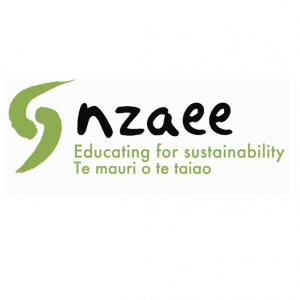
The New Zealand Association for Environmental Education (NZAEE) aims to represent a vibrant and connected sector to ensure that environmental education for sustainability is part of every New Zealander’s experience in order to build relationships between people and their environment.
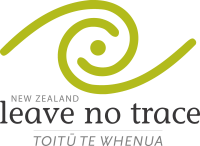
Leave No Trace New Zealand seeks to educate and challenge the New Zealand public and visitors on how and why to minimise their environmental impacts while enjoying natural and cultural heritage areas.